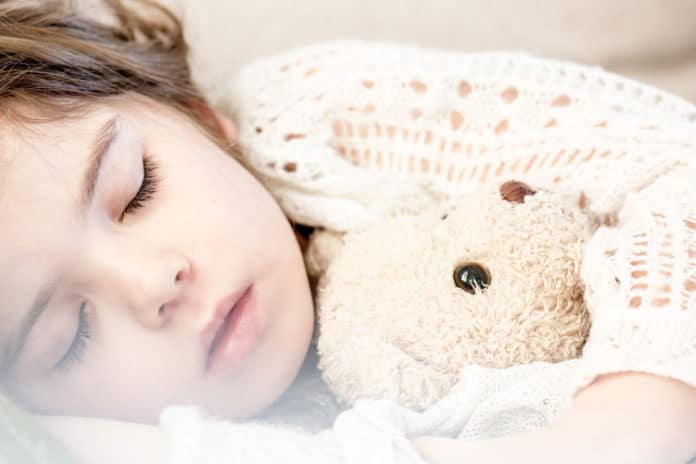Countries and territories around the world have enforced lockdowns of varying degrees. Some include total movement control, while others have imposed restrictions based on time. But this lockdown has negatively impacted d diet, sleep, and physical activity among children with obesity suggests a new study.
They sought to determine the hypothesis that children with obesity, when removed from structured school activities and confined to their homes during the COVID‐19 pandemic, will display unfavorable trends in lifestyle behaviors.
During the lockdown, the children ate an additional meal per day; slept an extra half hour per day; added nearly five hours per day in front of the phone, computer, and television screens. There was a drastic increment in red meat consumption, sugary beverage, and junk foods.
On the other hand, physical activity decreased by more than two hours per week.
Myles Faith, Ph.D., UB childhood obesity expert, and co-author of the study said, “The tragic COVID-19 pandemic has collateral effects extending beyond direct viral infection. Children and teens struggling with obesity are placed in an unfortunate position of isolation that appears to create an unfavorable environment for maintaining healthy lifestyle behaviors.”
“Recognizing these adverse collateral effects of the COVID-19 pandemic lockdown is critical in avoiding the depreciation of hard-fought weight control efforts among youths afflicted with excess weight.”
Children and adolescents typically gain more weight during summer vacation than during the school year. This left scientists wonder if being homebound would have a similar effect on the kids’ lifestyle behaviors.
“School environments provide structure and routine around mealtimes, physical activity, and sleep—three predominant lifestyle factors implicated in obesity risk.”
The sample included 41 children and adolescents with obesity participating in a longitudinal observational study located in Verona, Italy. Lifestyle information, including diet, activity, and sleep behaviors, was collected at baseline and three weeks into the national lockdown during which home confinement was mandatory. Changes in outcomes over the two study time points were evaluated for significance using paired t‐tests.
The results confirmed the negative change in behavior, indicating that children with obesity fare worse on weight control lifestyle programs while at home compared to when they are engaged in their school curriculum.
Faith said, “Depending on the duration of the lockdown, the excess weight gained may not be easily reversible and might contribute to obesity during adulthood if healthier behaviors are not re-established. This is because childhood and adolescent obesity tend to track over time and predict weight status as adults.”
The study urges government officials and policymakers to consider the effects of lockdown on youths with obesity when making decisions regarding when and how to loosen restrictions.
Journal Reference:
- Angelo Pietrobelli et al., Effects of COVID‐19 Lockdown on Lifestyle Behaviors in Children with Obesity Living in Verona, Italy: A Longitudinal Study. DOI: 10.1002/oby.22861
